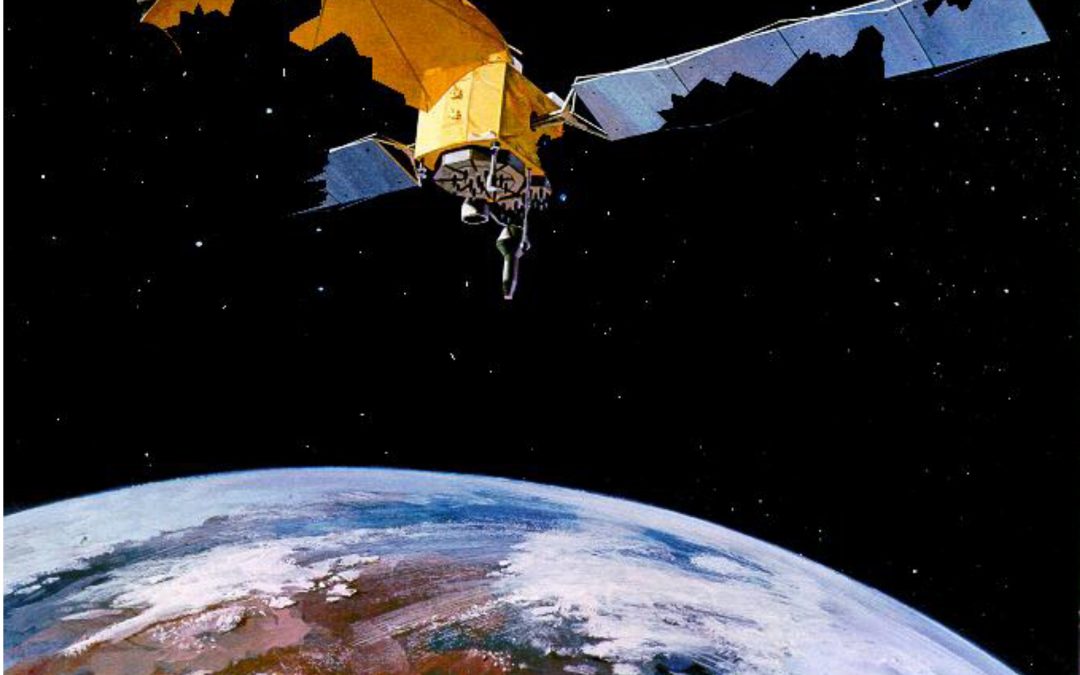Image: John Hartzell
What’s New: A new OpEd by Zephr CEO Sean Gorman. He makes several good observations that drone warfare has highlighted both the importance of GNSS and the importance of denying it.
Why It’s Important:
- There is no going back. Anyone who thinks the problem is going away, or everything will be solved by making changes just to GPS/GNSS, is fooling themselves.
- And the problem IS just going to get worse. No reason for it to stay as it is when there are so many motivators to do even more. We have seen reports of Starlink being jammed now, for example.
- It is going to take years to make the situation better. That is a reason to get going, not to do nothing (the recommendation to act has been around for 20 years and in all that time some have said “It will take too long.” – If we had acted 20 years ago we would not have the problem today). As Sean says, we have to start now!
What Else to Know:
- This year the administration identified PNT as area of “Critical and Emerging Technology”
Positioning, Navigation, and Timing (PNT) Technologies
-
- Diversified PNT-enabling technologies for users and systems in airborne, space-based, terrestrial, subterranean, and underwater settings
- Interference, jamming, and spoofing detection technologies, algorithms, analytics, and networked monitoring systems
- Disruption/denial-resisting and hardening technologies
- The administration is seeking to cut DOT’s PNT budget from $20M to $3M for next year.

Global navigation jamming will only get worse. The U.S. needs to move fast
Jamming and spoofing attacks on GPS and other global navigation satellite systems (GNSS) are becoming increasingly common as geopolitical crises escalate, creating major challenges and risks for aviation, shipping and other critical services across the world.
Data from GPSJam.org has confirmed widespread GPS/GNSS interference across parts of Europe and beyond as an outcome of the war in Ukraine. Regions affected range from Finland and the Baltics to Poland, Romania and Bulgaria — in addition to the Black Sea, the Caucasus and Turkey. The Middle East is also being affected by interference stemming from Israel and Iran’s hostile activities in the region. Other interference efforts, albeit at a lower scale, are also regularly occurring in areas of Pakistan, India and Myanmar.


